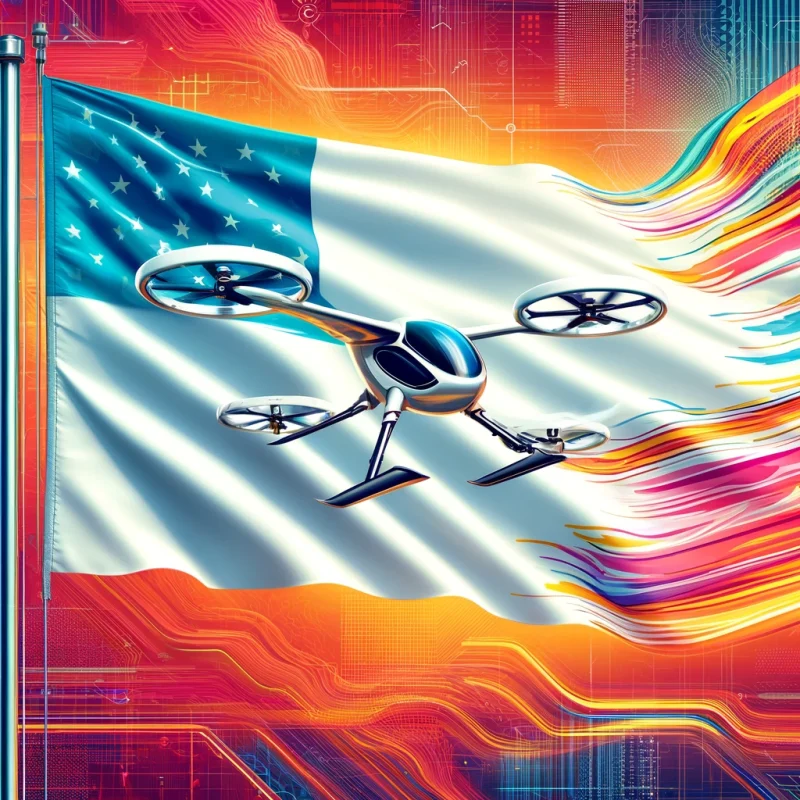The rise of electric vertical take-off and landing vehicles (eVTOLs) and flying cars is not only reshaping the skies, but also forcing countries to rethink airspace management. The vision of a single air mobility vision is ambitious, with sleek, quiet planes flying passengers across urban landscapes. But the reality relies on complex, collaborative efforts to ensure that these technologies are seamlessly integrated into the skies without creating a cacophony of regulatory disputes in the air.
The environmental benefits of electric aviation are underpinned by the shift from burning fossil fuels to using electricity, which, when sourced from renewable energy, can virtually eliminate carbon emissions associated with air travel.
Urban Air Mobility (UAM), comprising air taxis and other Passenger Air Vehicles (PAVs), promises a revolutionary mode of transport that is not only efficient but also environmentally friendly. As these vehicles prepare for deployment, understanding and addressing public perception and community engagement becomes crucial for their successful integration into urban landscapes.
The evolution of flying car technology over the next decade is poised to transform the landscape of personal and urban transportation, driven by rapid advancements in engineering, energy storage, and autonomous systems.
Electric Vertical Take-Off and Landing (eVTOL) vehicles represent a cutting-edge frontier in the quest for sustainable urban mobility. By harnessing electric propulsion, eVTOLs offer a tantalizing glimpse into a future where the carbon footprint of short-haul air travel and urban commutes is significantly reduced.
The aviation industry stands at the brink of a transformation, with electric vertical takeoff and landing vehicles (eVTOLs) and flying cars poised to redefine urban mobility. These innovations promise not only to cut down on the carbon footprint of traditional aviation but also to significantly reduce noise pollution, offering a cleaner, quieter future. However, the environmental implications of electric aviation are complex, extending well beyond the reduction of emissions during flight.
- 1
- 2







